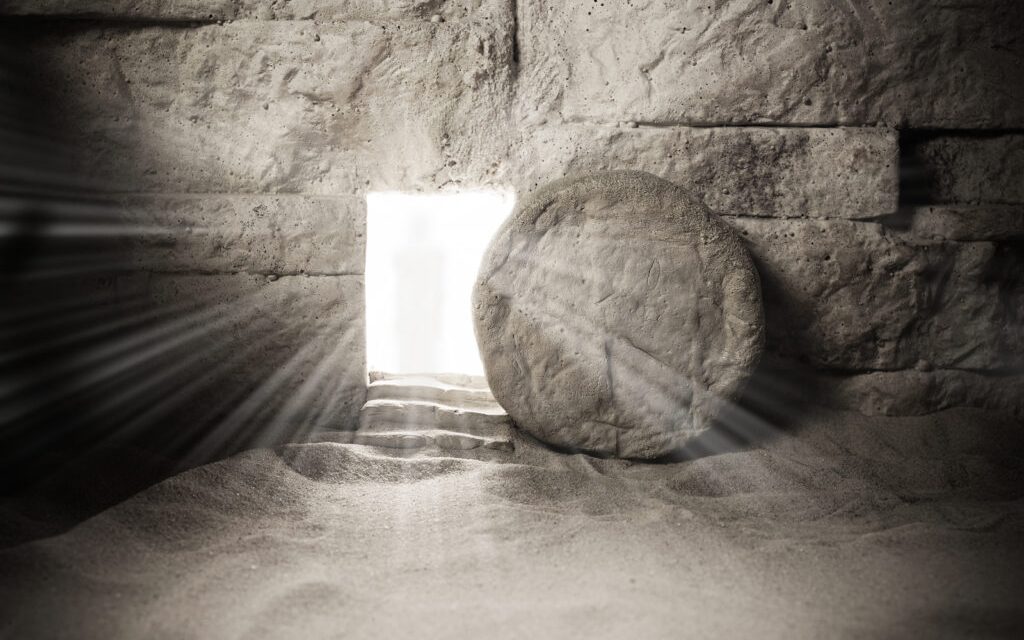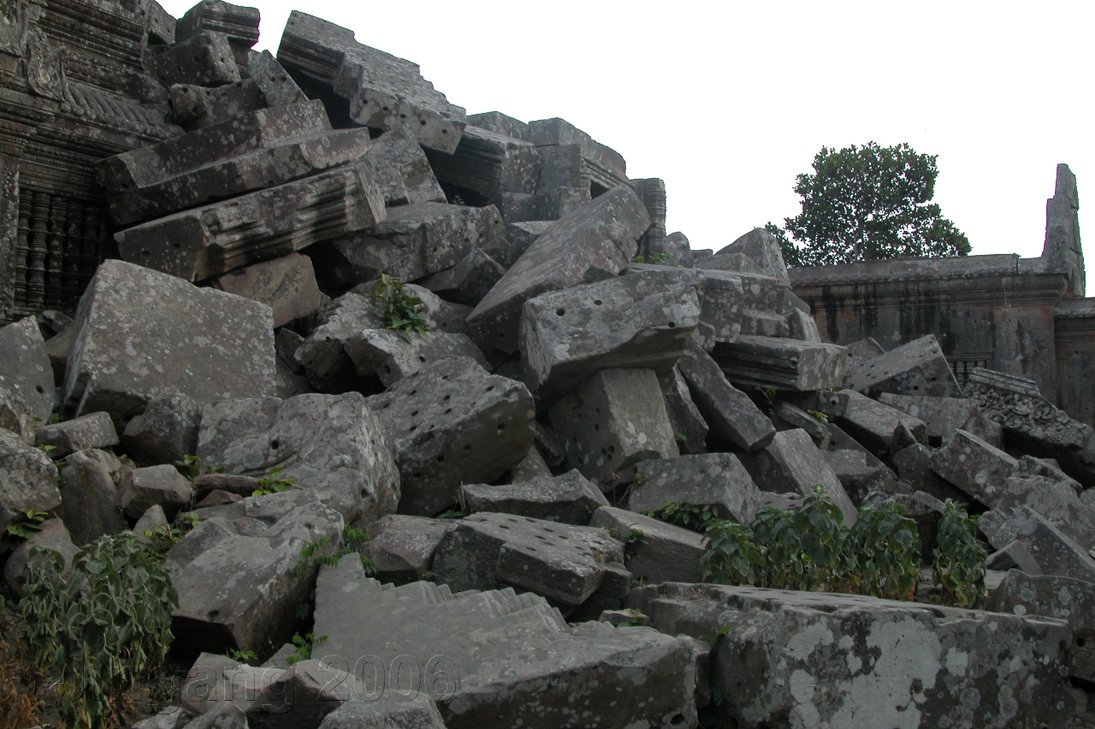One of the favorite songs of my church choir is Tom Conry’s Roll Away the Stone. While the song is definitely an Easter hymn, with verses that reflect the downcast mood of the disciples on the road to Emmaus after Jesus’ death, the text is drawn from this week’s Gospel, the raising of Lazarus.
The Lazarus story is given to us as a culmination of three weeks of long gospels from John, recounting intense encounters in which Jesus promises water, light, and life, great symbols of Easter. While it is easy to focus on the miracles performed in these stories, it is evident that the deeper common thread is faith. In today’s story, the set-up is important: for mysterious reasons, Jesus does not hasten immediately to his friends upon hearing of Lazarus’ illness. This provokes misunderstanding in the disciples and some grumbles from the crowd – shouldn’t this wonder-worker have gotten here to help his friend. But when he finally does arrives, Martha greets him with a very powerful statement:
Martha said to Jesus,
“Lord, if you had been here,
my brother would not have died.
But even now I know that whatever you ask of God,
God will give you.”
“But even now…” says Martha. Even when all seems lost, even when the time for miraculous healing seems past, Martha expresses faith in Jesus. How many times we may have gone to God in the midst of bitter disappointment and anguish, lamenting that God did nothing to address the problem! How many times we may have thought, “Lord, if you had been here…”! Yet the promise is that such disappointment and anguish and suffering cannot have the last word. God will overcome them in Christ. God will raise us up on the last day. Yet Jesus gives Martha more than just the promise of the “last day.” He restores Lazarus to life – not exactly the resurrection, of course, since that is a restoration to a life that will never end, but a sign of how glorious that promise really can be. Lazarus’ restoration is like the prodigal son who was “dead” and came “back to life,” as his father says – a totally unexpected, dramatic reversal of the ways of the world that should tell us to be careful when we lower our expectations. Yet the ultimate expectation remains in the future; these moments tell us something about how powerful it is going to be.
As usual, the gospel also gives us templates for how to react to all this, and as this reading sets up Holy Week, those are rather directly foreshadowing the cross. On the one hand, there is Thomas who cuts through the disciples’ doubts and anxieties about those who are trying to kill Jesus by giving us the manifesto on the way to Holy Week: “Let us go and die with him.” On the other hand, just after the conclusion of this story, some members of the crowd run to the Pharisees, for whom this latest sign is the last straw. They worry above all about the Romans: “This man is performing many signs. If we leave him alone, all will believe in him, and the Romans will come and take away both our land and our nation.” The cycle that begins here ends with the final words of these leaders in the Passion dialogue with Pilate: “We have no king but Caesar.” What, then, is the opposite of faith in the promise of Christ and of the resurrection? Putting your faith in Pharoah’s horses and chariots, putting your faith in the powers of this world. Most importantly, putting that faith in yourself, as if the project of “land and nation” is our project, a human project, and not ultimately God’s project. Will we go to die with him, or will we be afraid and hope that we will live by appeasing those whom we think can protect us? Roll away the stone…



